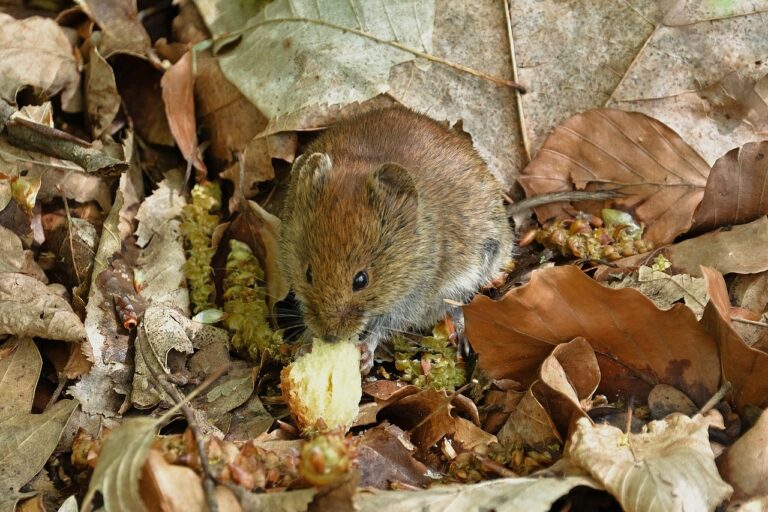The Role of Community Supported Beekeeping: Sky247 sign up, Diamondexch9.com login, Tigerexch vip
sky247 sign up, diamondexch9.com login, tigerexch vip: Community Supported Beekeeping is a vital aspect of sustainable agriculture and environmental conservation. By participating in community-supported beekeeping programs, individuals have the opportunity to support local beekeepers while also benefiting from the delicious honey and other hive products that are produced. In this article, we will explore the role of community-supported beekeeping and its importance in today’s world.
The Importance of Bees
Bees play a crucial role in pollinating crops and plants, which is essential for agriculture and food production. In fact, it is estimated that one-third of all the food we eat is dependent on pollination by bees. Without bees, our food supply would be severely diminished, leading to food shortages and increased prices.
Unfortunately, bee populations have been facing significant challenges in recent years. Pesticides, habitat loss, diseases, and climate change have all contributed to declining bee populations around the world. This decline in bee populations not only threatens our food supply but also poses a risk to the overall health of ecosystems.
The Role of Community-Supported Beekeeping
Community-supported beekeeping programs provide a way for individuals to support local beekeepers and help protect bee populations. By participating in these programs, individuals can contribute to the preservation of bees and their important role in pollination.
One of the primary ways that community-supported beekeeping programs work is through the sale of shares in a beehive. Individuals can purchase a share in a hive, which entitles them to a portion of the honey and other hive products produced by the bees throughout the season. By purchasing a share in a hive, individuals provide financial support to local beekeepers, helping them to maintain and expand their operations.
In addition to supporting beekeepers financially, community-supported beekeeping programs also help to raise awareness about the importance of bees and the threats they face. By participating in these programs, individuals can learn more about bees, their role in pollination, and the challenges they are facing. This increased awareness can lead to greater support for efforts to protect bees and their habitats.
Benefits of Community-Supported Beekeeping
There are numerous benefits to participating in community-supported beekeeping programs. Some of the key benefits include:
1. Supporting Local Agriculture: By purchasing shares in a beehive, individuals are supporting local beekeepers and agriculture. This helps to strengthen local food systems and promote sustainable farming practices.
2. Access to Fresh, Local Honey: Participants in community-supported beekeeping programs have the opportunity to enjoy delicious, fresh honey that is produced locally. This honey is often of higher quality than store-bought honey and may have unique flavors depending on the plants that the bees have visited.
3. Environmental Conservation: By supporting bee populations, individuals are also contributing to the conservation of ecosystems and biodiversity. Bees play a crucial role in pollinating plants, which helps to maintain healthy ecosystems and diverse wildlife populations.
4. Educational Opportunities: Community-supported beekeeping programs provide participants with the opportunity to learn more about bees, beekeeping, and environmental conservation. This hands-on learning experience can help to increase awareness and appreciation for the natural world.
5. Social Connection: Participating in community-supported beekeeping programs can also help individuals connect with their community and build relationships with like-minded people who share a passion for bees and environmental sustainability.
How to Get Involved
If you are interested in getting involved in community-supported beekeeping, there are several ways to do so. You can start by researching local beekeepers in your area who offer shares in their hives. Many beekeepers have websites or social media pages where they advertise their programs and provide information on how to participate.
You can also reach out to local agricultural organizations, farmers’ markets, or environmental groups to inquire about community-supported beekeeping programs in your area. These organizations may be able to connect you with beekeepers who are looking for support or help you start your own community-supported beekeeping program.
When participating in a community-supported beekeeping program, be sure to ask questions about the beekeeper’s practices and sustainability efforts. It is important to support beekeepers who prioritize the health and well-being of their bees and the environment.
FAQs
1. How much does it cost to purchase a share in a beehive?
The cost of purchasing a share in a beehive can vary depending on the beekeeper and the location. Typically, shares range from $50 to $200 per season.
2. What happens if the bees do not produce enough honey?
Beekeepers work hard to ensure that their bees are healthy and productive. However, if unforeseen circumstances result in a lower honey yield, some beekeepers may offer refunds or additional products to shareholders.
3. Can I visit the beehive and participate in beekeeping activities?
Many beekeepers welcome shareholders to visit the hive and participate in beekeeping activities. This hands-on experience can be educational and rewarding for participants.
4. How can I support bee populations if I do not have access to a community-supported beekeeping program?
There are many ways to support bee populations, even if you do not have access to a community-supported beekeeping program. Planting bee-friendly plants, avoiding the use of pesticides in your garden, and supporting organic agriculture are all ways to help protect bees and their habitats.
In conclusion, community-supported beekeeping plays a crucial role in supporting local agriculture, protecting bee populations, and promoting environmental conservation. By participating in these programs, individuals can make a positive impact on their communities and the natural world. If you are interested in learning more about bees and beekeeping or supporting local beekeepers, consider getting involved in a community-supported beekeeping program in your area.







